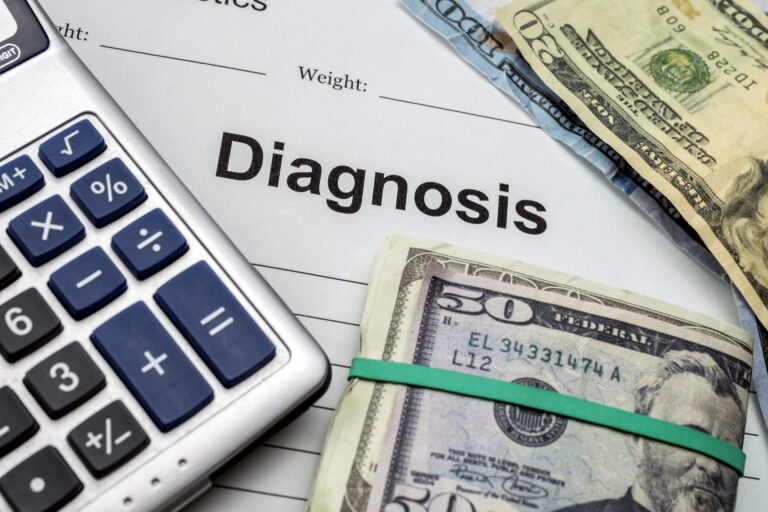Donepezil, a medication commonly prescribed to manage symptoms of Alzheimer’s disease and other dementias, may increase the risk of falls in seniors, but the relationship is complex and influenced by multiple factors. Donepezil works by enhancing cholinergic function in the brain, which can improve cognition and daily functioning. However, it can also cause side effects such as dizziness, muscle weakness, and slowed reaction times, which are known contributors to falls in older adults.
Falls among seniors are a significant health concern because they can lead to serious injuries, loss of independence, and even increased mortality. Many medications, including those classified as fall risk-increasing drugs (FRIDs), are known to elevate the likelihood of falls by affecting balance, coordination, and alertness. Donepezil falls into a category of drugs that may contribute to these risks, especially when combined with other medications or underlying health issues common in the elderly.
The risk of falls with donepezil can be attributed to several mechanisms:
– **Dizziness and Vertigo:** Donepezil can cause dizziness or a sensation of spinning, which directly impairs balance and spatial orientation.
– **Muscle Weakness:** Some patients report muscle weakness or fatigue, reducing their ability to stabilize themselves during movement.
– **Bradycardia (Slow Heart Rate):** Donepezil may slow the heart rate, leading to episodes of lightheadedness or fainting, increasing fall risk.
– **Sleep Disturbances:** Sleep problems induced by donepezil can cause daytime drowsiness and impaired alertness.
– **Interaction with Other Medications:** Seniors often take multiple drugs, and donepezil’s side effects can be amplified when combined with other FRIDs such as sedatives, antipsychotics, or blood pressure medications.
Despite these risks, donepezil also has potential benefits that might indirectly reduce fall risk by improving cognitive function, attention, and mobility in some patients. Improved cognition can enhance a senior’s ability to navigate their environment safely and follow safety instructions. However, this benefit varies widely among individuals and depends on the stage of dementia and overall health status.
Clinical observations and studies have noted an increased incidence of falls in seniors taking donepezil, but the data is not entirely consistent. Some research suggests a modest increase in fall risk, while others find no significant difference compared to those not on the medication. This inconsistency may be due to differences in study design, patient populations, and the presence of other risk factors such as muscle weakness, poor balance, or environmental hazards.
Preventing falls in seniors on donepezil involves a multifaceted approach:
– **Regular Medical Review:** Healthcare providers should frequently assess the necessity of donepezil and monitor for side effects that could increase fall risk.
– **Medication Management:** Reducing or avoiding other FRIDs when possible can help minimize cumulative risk.
– **Physical Therapy and Exercise:** Strengthening leg muscles and improving balance through tailored exercise programs can counteract some physical side effects.
– **Home Safety Modifications:** Removing tripping hazards, installing grab bars, and ensuring adequate lighting reduce environmental risks.
– **Caregiver Education:** Teaching caregivers to recognize signs of dizziness or weakness and to assist with mobility can prevent falls.
In some cases, if falls become frequent or severe, clinicians may consider adjusting the donepezil dose or switching to alternative treatments that have a lower risk profile. However, this must be balanced against the potential cognitive benefits the medication provides.
In summary, donepezil can increase the risk of falls in seniors primarily through side effects that affect balance, muscle strength, and cardiovascular function. This risk is heightened by the presence of other medications and health conditions common in older adults. Careful management, monitoring, and supportive interventions are essential to minimize fall risk while preserving the cognitive benefits of donepezil therapy.





